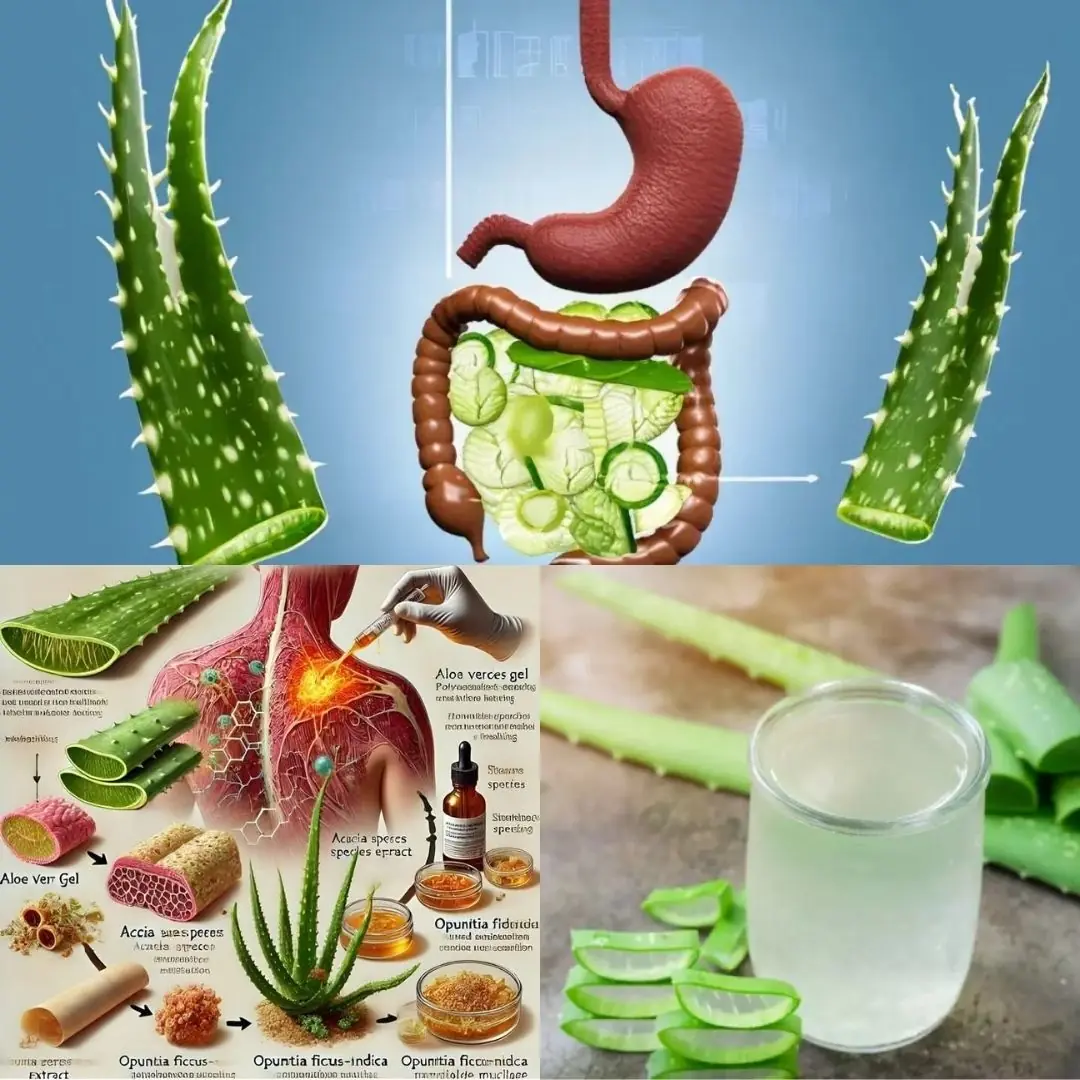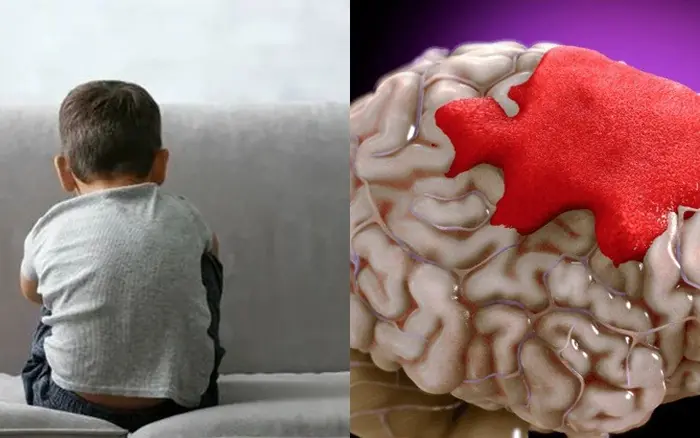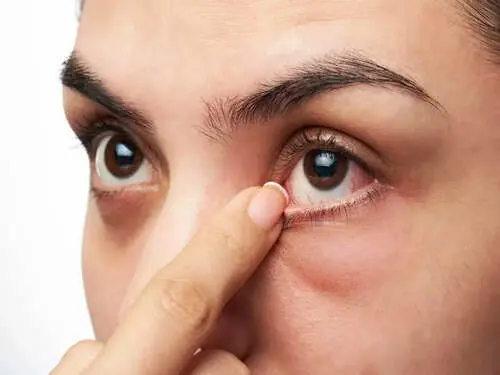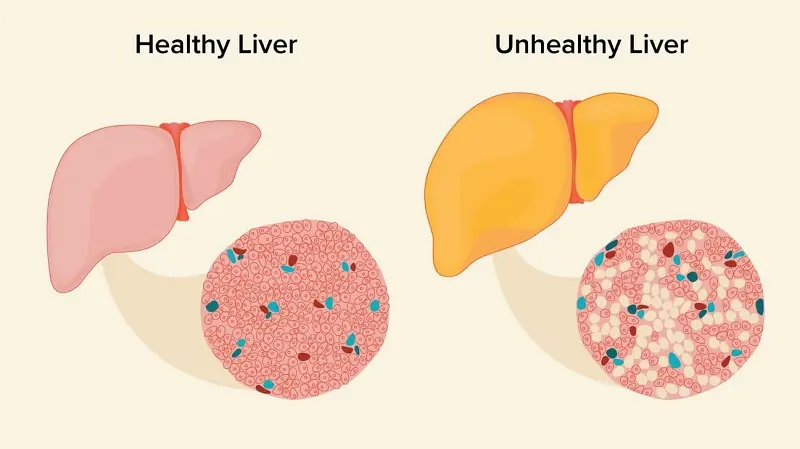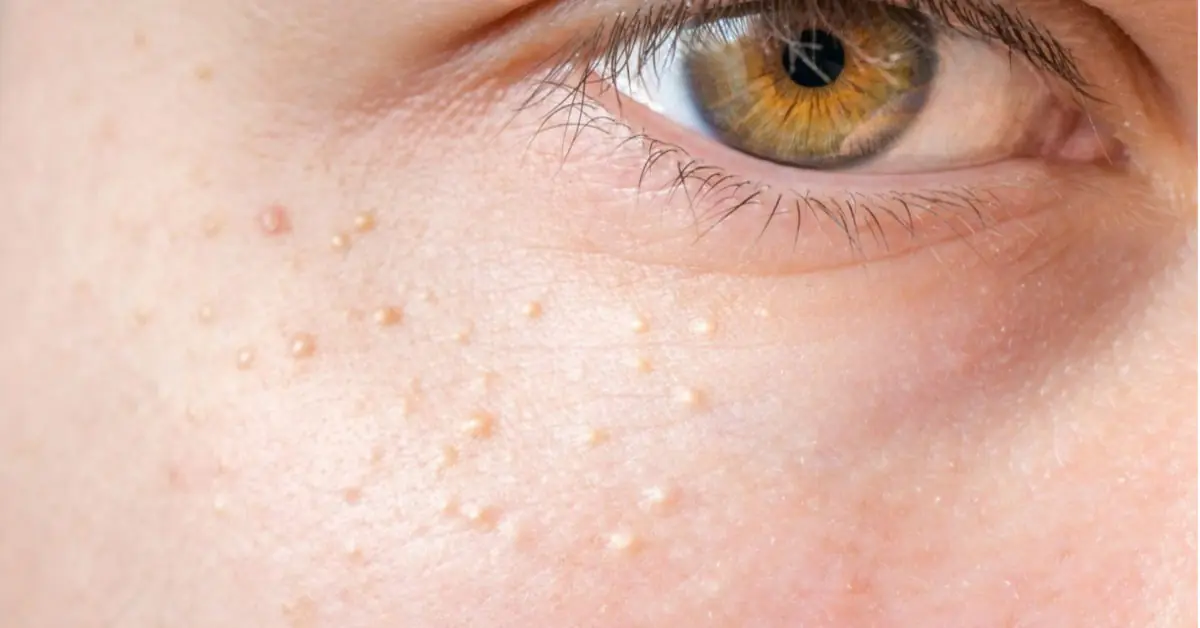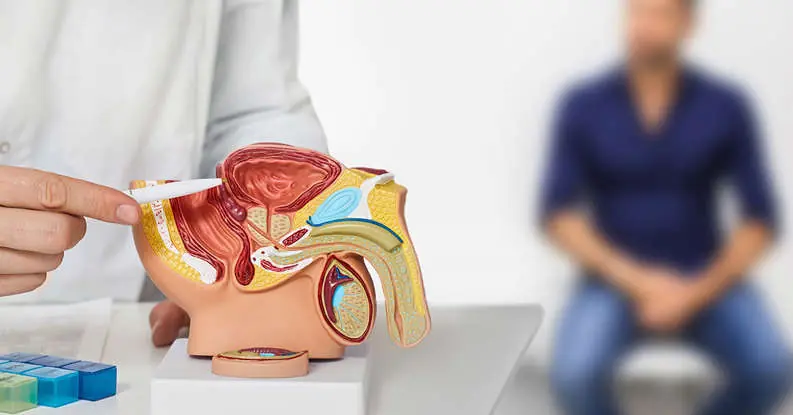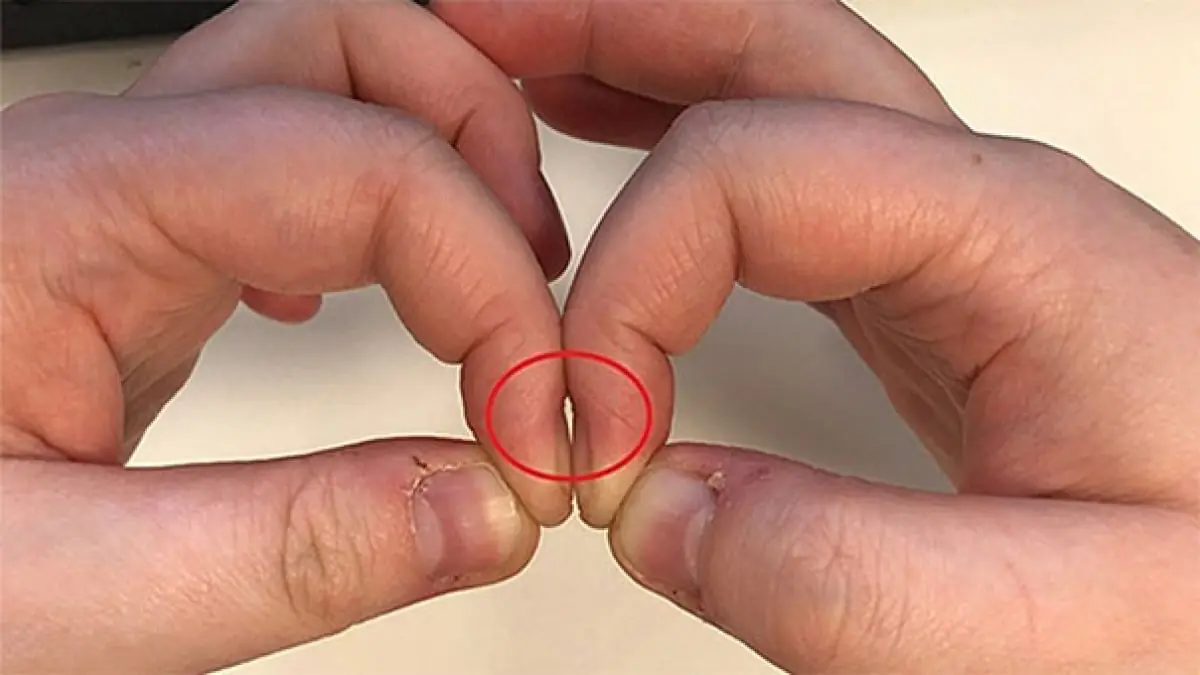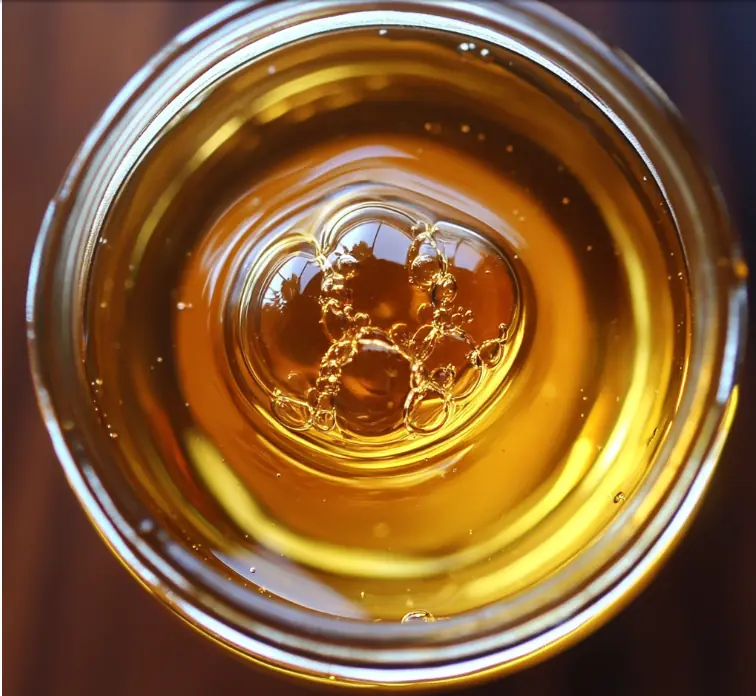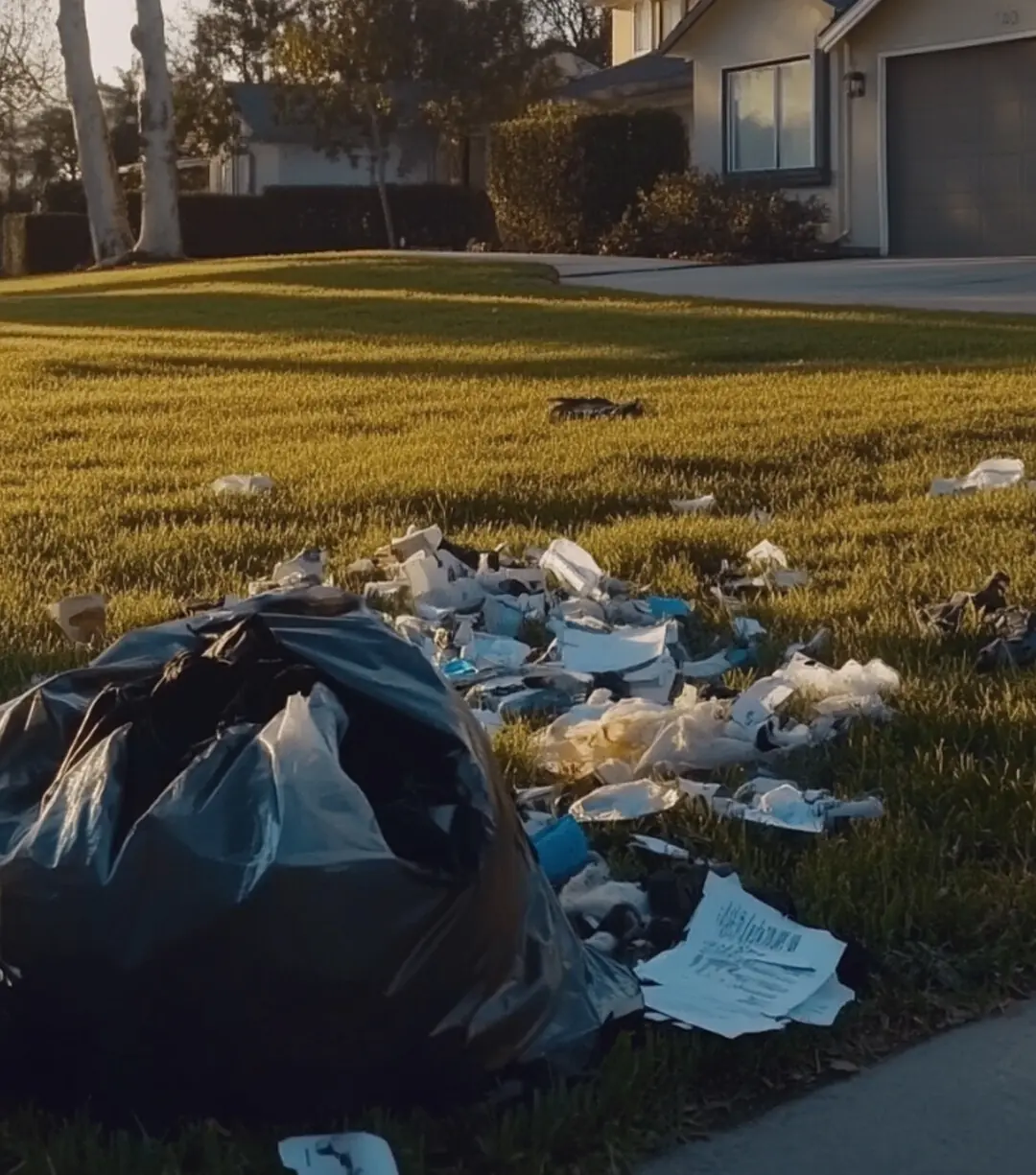Kidney stones can be incredibly painful, and if you’ve ever had one, you know it’s an experience you never want to repeat. These hard mineral deposits form when there’s an imbalance in the substances your kidneys filter—like calcium, oxalate, and uric acid. When these compounds become too concentrated in the urine, they can crystallize and stick together, forming stones.
One of the best ways to reduce your risk of developing kidney stones is through diet. While genetics, fluid intake, and other health conditions play a role, the foods you eat daily can significantly impact whether your body creates or prevents these painful stones.
In this post, we’ll look at 17 common foods that are known to increase your risk of developing kidney stones. Some may surprise you, especially if you’ve always thought they were healthy. Understanding what to avoid—or at least limit—can be the first step toward protecting your kidneys and staying stone-free.
1. Spinach
Spinach is packed with nutrients, but it’s also extremely high in oxalates. These compounds bind with calcium in the kidneys, forming stones. If you’re prone to kidney stones, it’s best to limit your intake of raw or cooked spinach. Opt for lower-oxalate greens like kale or romaine lettuce instead.
2. Beets
Beets are another food rich in oxalates. While they’re great for supporting liver health and circulation, their high oxalate content makes them problematic for people at risk of stones. Be careful with beetroot juice and smoothies, which can concentrate oxalates even more.
3. Almonds and Other Nuts
Almonds, cashews, peanuts, and other nuts contain a significant amount of oxalates. Though they’re a good source of healthy fats and protein, they can contribute to kidney stone formation if consumed in large amounts. Moderation is key, especially for those already prone to calcium oxalate stones.
4. Chocolate
Yes, even chocolate makes the list. Cocoa powder and dark chocolate are known to contain high levels of oxalates. If you’re managing kidney stone risk, you may want to limit your chocolate intake and look for lower-oxalate alternatives to satisfy your sweet tooth.
5. Rhubarb
Rhubarb is another vegetable with extremely high oxalate content. If you’re someone who enjoys rhubarb pie or uses it in cooking, it may be worth rethinking how often you consume it. Even small amounts can contribute to oxalate buildup over time.
6. Sweet Potatoes
Although they’re a healthy carbohydrate, sweet potatoes also fall into the oxalate-rich category. This doesn’t mean you have to cut them out completely, but it’s a good idea to balance your intake and avoid eating them too frequently if you’re sensitive to stones.
7. French Fries and Potato Chips
Potatoes, especially when fried or processed into chips, can be high in oxalates and sodium—two components that don’t do your kidneys any favors. The combination of unhealthy fats and salt also contributes to other health issues, including high blood pressure, which can further strain your kidneys.
8. Soy Products
Soybeans, tofu, and other soy-based products may be rich in protein, but they’re also high in oxalates. For those at risk, limiting soy consumption or rotating in other plant-based proteins like lentils or quinoa may be a better option.
9. Animal Protein
Excessive intake of red meat, poultry, and eggs can raise uric acid levels in the body, which contributes to the formation of uric acid kidney stones. A high-protein diet also reduces citrate levels in the urine—citrate helps prevent stones from forming. If you’re prone to stones, try cutting back on meat and incorporating more plant-based meals.
10. Canned Soups and Processed Foods
:max_bytes(150000):strip_icc()/GettyImages-1328563317-2000-e38608dc691645c9909a3ad5d4776f9b.jpg)
These foods are typically loaded with sodium, which increases calcium excretion in urine and can lead to stone formation. The more salt you consume, the harder your kidneys have to work. Stick to homemade meals and check labels to monitor your sodium intake.
11. Black Tea
Black tea contains high levels of oxalates, and excessive consumption can contribute to kidney stones. If you’re a tea lover, consider switching to green tea or herbal teas with lower oxalate content.
12. Cola and Soft Drinks
Soft drinks—especially those containing phosphoric acid like colas—are linked to an increased risk of kidney stones. The acid can change the pH of your urine, making it more favorable for stone formation. Plus, their high sugar content doesn’t help either.
13. Processed Meats
Bacon, sausages, and other cured meats are high in sodium and purines, which break down into uric acid. Too much purine can overload the kidneys and encourage stone formation. These meats are also linked to other chronic diseases, making them best eaten rarely, if at all.
14. Tomatoes (Especially Cooked)
While tomatoes are lower in oxalates when raw, their levels increase significantly when they are cooked or concentrated, such as in sauces or pastes. If you consume tomato sauce often, it may be worth reducing your intake or diluting it with other vegetables.
15. Vitamin C Supplements
While not a food, high doses of vitamin C (especially from supplements) can be converted in the body into oxalates. Taking more than 1,000 mg per day regularly may increase your risk. If you need vitamin C, try to get it from natural sources like citrus fruits, which don’t have the same effect.
16. Raspberries and Berries
Although packed with antioxidants, raspberries and blackberries are relatively high in oxalates. If you eat large quantities daily, especially in smoothies, consider swapping some servings for lower-oxalate fruits like apples or bananas.
17. Pickled and Preserved Foods
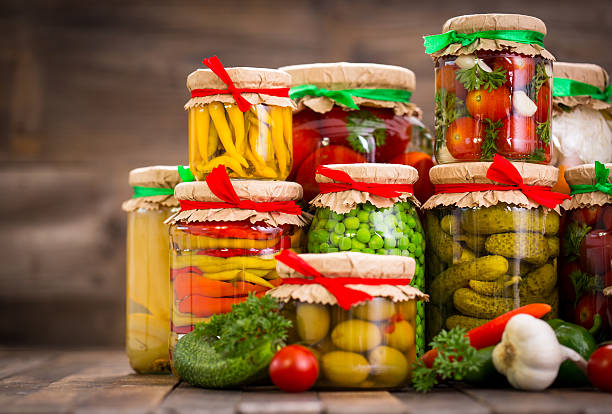
These items are often full of sodium and vinegar, which can irritate the kidneys and contribute to the conditions that cause stone formation. If you love pickles, try to limit consumption or make your own with less salt.
How to Lower Your Risk of Kidney Stones
While avoiding or limiting these foods can help, there are several other ways to support your kidney health:
-
Stay Hydrated: Drinking plenty of water helps dilute the substances that lead to stone formation. Aim for at least 8–10 cups a day, or more if you live in a hot climate or exercise often.
-
Get Enough Calcium from Food: Ironically, getting enough calcium in your diet (not from supplements) can help prevent calcium oxalate stones by binding to oxalate in the gut and preventing it from being absorbed.
-
Limit Sodium: Excess salt increases calcium in the urine. Stick to whole, unprocessed foods and limit added salt.
-
Eat Citrate-Rich Foods: Lemons and limes are high in citrate, which helps prevent crystals from forming. Drinking lemon water daily may be beneficial.
-
Avoid Excess Protein: Too much animal protein can contribute to uric acid stones. Try to moderate meat consumption and balance it with plant-based sources.
-
Be Cautious with Supplements: Always talk to your doctor before taking vitamins and minerals if you’re at risk for stones. Too much of a good thing can be harmful.
Barbara O’Neill’s Perspective on Kidney Health
Barbara O’Neill often speaks about the importance of natural hydration, a balanced plant-based diet, and reducing reliance on highly processed and animal-heavy meals. She emphasizes the power of herbal teas, lemon water, and foods that naturally support the kidneys—like celery, watermelon, and parsley. According to her, kidney stones are often a reflection of a long-standing dietary imbalance that can be corrected with patience and natural solutions.
She teaches that, “The body never forms something it doesn’t need—so a kidney stone may be the body’s way of eliminating what it cannot process.” When we address the root cause through diet and lifestyle, the body can stop producing stones and heal itself naturally.
Final Thoughts
Kidney stones are preventable in many cases, and food plays a bigger role than most people realize. The list of 17 kidney stone-promoting foods isn’t meant to scare you or ban all your favorites, but rather to help you make more informed choices.
By understanding which foods to limit and how to better support your kidneys through hydration, natural remedies, and balanced nutrition, you can take charge of your health and reduce the likelihood of stone formation. Your kidneys work hard every day—give them the care they deserve.
As always, listen to your body, consult a healthcare professional if you’ve had stones before, and consider keeping a food journal to track any triggers. Prevention truly is the best medicine


